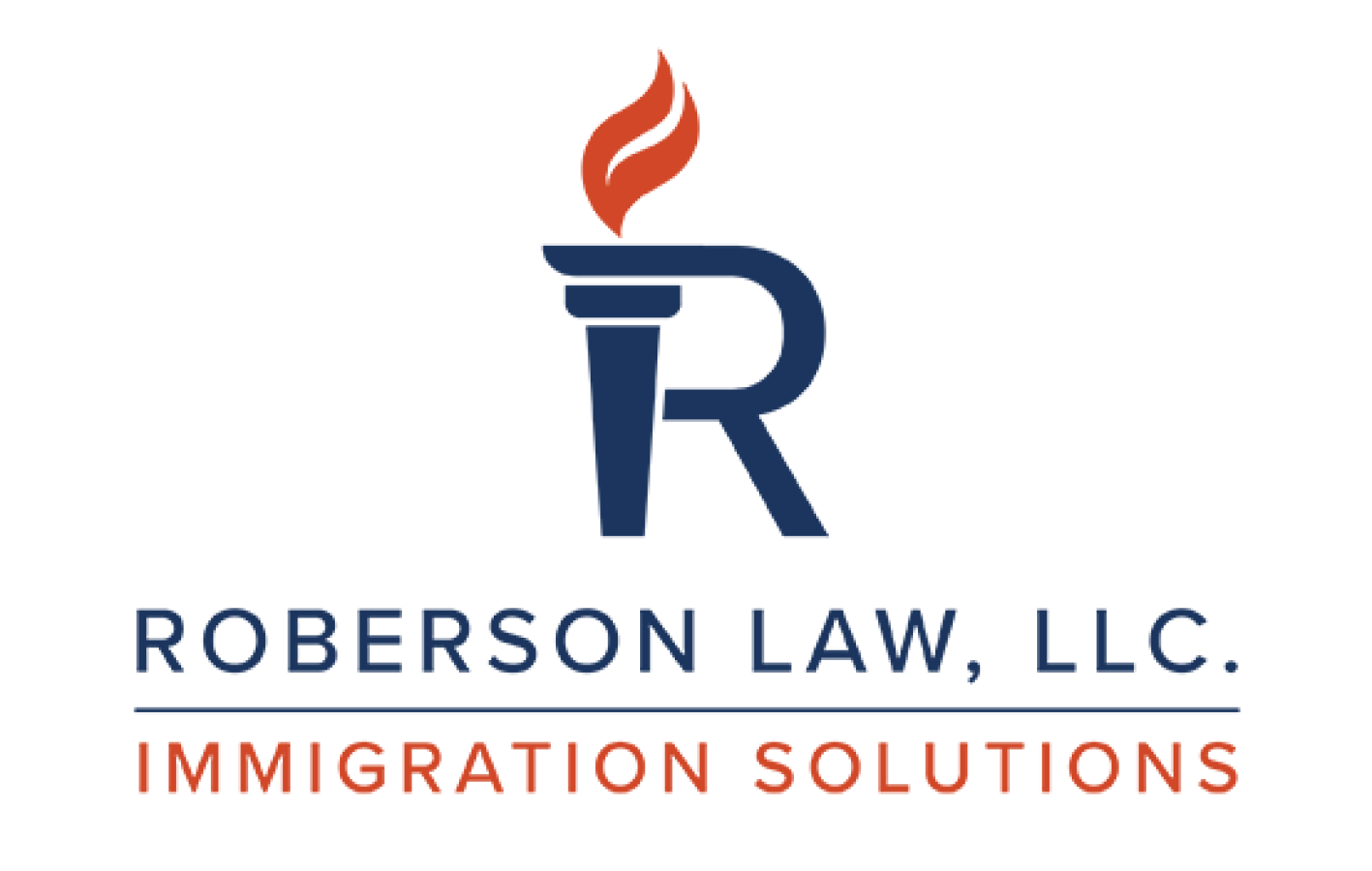H1B Immigration Visas
The DHS plans to publish a regulation on “Modernizing H-1B Requirements and Oversight and Providing Flexibility in the F-1 Program.” Some aspects of the rule do not appear to have much resistance, such as providing flexibility for start-up entrepreneurs and addressing situations that USCIS defines as preventing the agency from accepting a cap-subject H-1B immigration petitions submitted more than six months in advance.
However, other parts of the regulation could invite controversy. In May of 2022, a tentative publication date, the DHS proposes to revise the regulations relating to the ‘employer-employee relationship,’ according to the rule summary.
In 2020, judges ruled the prior US administration unlawfully redefined the term “employer-employee relationship.” Judges also found that officials illegally limited what qualified as an H-1B specialty occupation. Those two policies raised H-1B denial rates to record levels. After the Administration was forced to change its policies, the denial rate for new H-1B petitions for initial employment dropped to 1.5% in the fourth quarter of 2020, much lower than the denial rate of 21% through the first three quarters of 2020.
Other rules that may invite litigation propose to amend and clarify the regulations to specify that the 9-11 Response Fees will apply to all H-1B and L-1 immigration extension petitions. A Department of Labor (DOL) rule that could result in higher required minimum wages for H-1B visa holders and employment-based immigrants also remains on the current US Administration’s regulatory agenda.
Fee Increases
At least three fee rules are expected in 2022. The first, a USCIS “fee schedule” rule, will likely result in the agency raising various fees. USCIS projects that its costs of providing immigration adjudication and naturalization services will exceed the financial resources available to it under its existing fee structure.
A second rule would implement legislation allowing USCIS to offer premium processing for Form I-539 to change or extend status, including for F, J and M visas and E, H, L, O, P and R dependents. This could help spouses waiting for approvals of H-4 EADs.
The third is a proposed rule to increase fees for workers, travelers, international students and exchange visitors in 2022. If the rule goes into effect, visa fees would increase for all categories.
Green Card Backlogs and Visa Processing
On December 23, 2021, the State Department announced, “[C]onsular officers are now temporarily authorized, through December 31, 2022, to waive in-person interviews for” H-1B, H-3, L, O, P, and Q visas.
Another change could come next year in the form of new guidance aimed to expand the use of National Interest Waivers for immigrant entrepreneurs, and potentially for a broader range of highly skilled individuals with expertise in science, engineering, and other fields.
Would you or a loved one be affected by the proposed regulations? Call us Today for a consultation.
Learn more about Roberson Law, LLC.
Photo by Tim Mossholder on Unsplash







